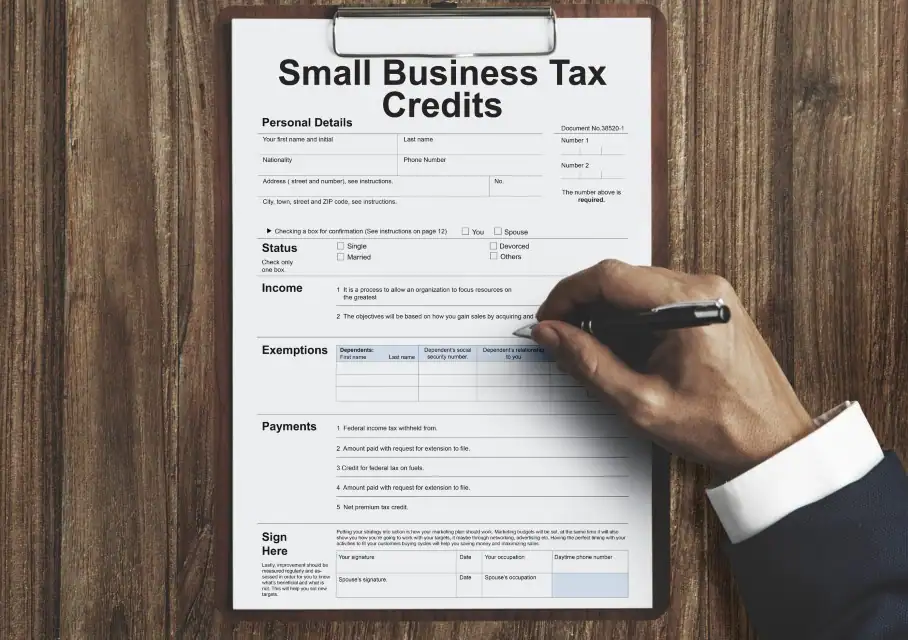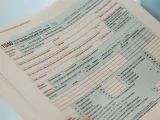
Claiming Your Share: 26 Essential Small Business Tax Deductions
August 22, 2023Small business owners have a lot of responsibilities, and managing taxes is one of them. It can be a challenging and time-consuming task, but it’s also an essential one. By taking advantage of small business tax deductions, you can save money and invest it in growing your business. In this article, we will cover 26 essential small business tax deductions you need to know about.
What are small business tax deductions and why are they important?
Understanding tax deductions
A tax deduction is a reduction in taxable income, meaning you can reduce the amount of money you owe the government in taxes. The Internal Revenue Service (IRS) allows you to deduct legitimate business expenses from your taxable income, which can reduce your tax bill.
Why small business tax deductions matter
Small business tax deductions matter because they can help you save money and increase your business’s bottom line. By reducing your tax bill, you can keep more of your hard-earned money, which you can use to invest in your business, pay off debts, or take a much-needed break.
What’s new for small business tax deductions in 2022 and 2023?
The Tax Cuts and Jobs Act (TCJA) of 2017 introduced some significant changes to small business tax deductions. For example, the Section 179 deduction limit increased to $1,050,000 in 2019, and it will remain at this level through 2022. This means you can deduct up to $1,050,000 in qualifying property purchases and leasehold improvements in the year of purchase.
How do I know what business expenses are tax deductible?
Common tax deductions for small businesses
Some of the most common small business tax deductions include office rent, utilities, office supplies, advertising expenses, and insurance premiums. You can also deduct expenses related to employee salaries, benefits, and training.
Can I deduct my home office?
If you have a home office that you use exclusively for conducting business, you may be able to deduct a portion of your home expenses, such as mortgage interest, property taxes, insurance, utilities, and repairs. To qualify for the deduction, the space must be used regularly and exclusively for business purposes and be your main place of business.
What business expenses can I claim on my tax return?
You can claim any expense that is necessary and ordinary for your business. The expense must be directly related to the business purpose and must be supported by a business purpose. You should keep receipts and other documentation to support the expenses you want to claim on your tax return.
How do I claim small-business tax deductions?
Working with a tax professional
Working with a tax professional, such as a Certified Public Accountant (CPA) or a tax attorney, can help you navigate the complex tax laws and ensure that you take advantage of all the small business tax deductions available to you. They can also help you prepare your tax return and file it on time.
Understanding the tax return process
The tax return process can be overwhelming, but understanding it can help you prepare for tax season. You will need to gather all the necessary documents, such as receipts, bank statements, and other financial records, to support your expenses. You then need to complete the appropriate tax forms, such as Form 1040, Form 1040-SR, or Form 1120. You also need to make sure you file your tax return on time to avoid penalties and interest charges.
What tax year do I claim small business tax deductions for?
You can claim small business tax deductions for the year in which the expense was incurred. This means that if you incurred a business expense in the 2022 tax year, you would claim it on your 2022 tax return.
What types of business expenses are tax deductible?
Expenses related to running your business
You can deduct expenses related to running your business, such as office rent, utilities, office supplies, and advertising expenses. You can also deduct expenses related to employee salaries, benefits, and training.
Business and personal expenses
If an expense benefits both your business and personal life, you can only deduct the portion that is related to your business. For example, if you use your car for both business and personal purposes, you can only deduct the portion that is used for business purposes.
Special considerations for travel expenses and business use of a vehicle
If you travel for business purposes, you can deduct expenses for transportation, lodging, and meals. You can also deduct expenses related to the business use of a vehicle, such as lease payments, fuel, repairs, and maintenance. You need to keep accurate records to support your expenses, such as a mileage log.
What about deductions for small business owners?
Qualified business income deductions
The Qualified Business Income (QBI) deduction is a new deduction for small business owners that was introduced by the Tax Cuts and Jobs Act. It allows certain small business owners to deduct up to 20% of their qualified business income from their taxable income.
Tax deductions for business debt
If you took out a loan for your business, you can deduct the interest paid on the loan as a business expense. However, if you defaulted on the loan and it was forgiven, you may need to report the forgiven amount as income on your tax return.
Maximizing deductions for business expenses
To maximize your deductions for business expenses, keep accurate records, and document all your expenses, keep receipts, and track your mileage and travel expenses. You should also consult with a tax professional to ensure that you are taking advantage of all deductions available to you.
Conclusion
Claiming small business tax deductions can be a complex process, but it’s important to take the time to understand the rules and take advantage of the deductions available to you. By working with a tax professional and keeping accurate records, you can claim deductions that will add value to your business, reduce your tax bill, and help you achieve your financial goals. Make sure you take the time to learn about the small business tax deductions to know so that you can maximize your savings when tax time comes around.


